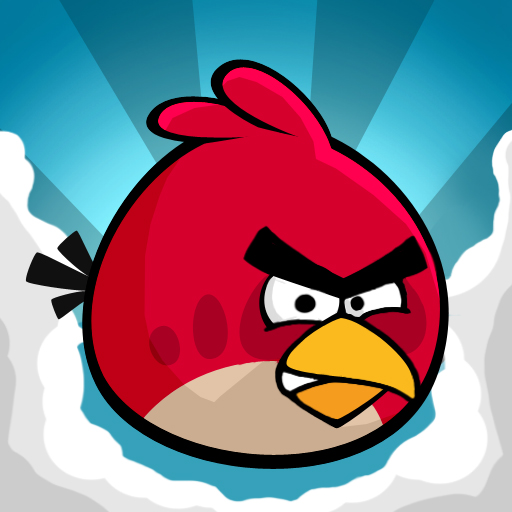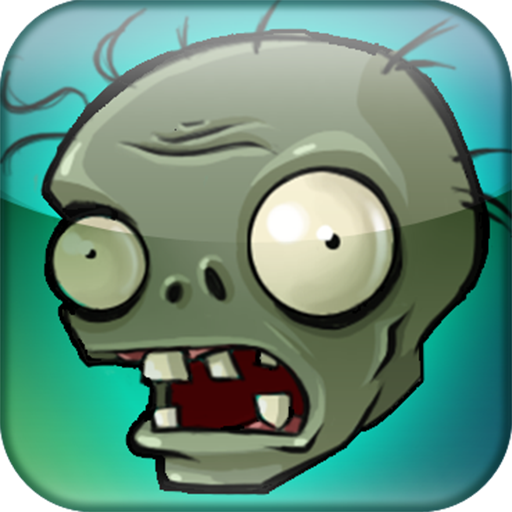
Gamers: Don't Expect Free Content, Do Expect My Two Cents
April 9, 2012
Recently, we received this comment from a frustrated reader:
...I wonder why the makers of Plants vs Zombies (the game that basically brought the zombie craziness to the phones and tablets) stopped developing the game. Yeah, they released some updates, but that's it. Where are the season themes. Where are the expansion packs? Where's the multiplayer version (like it's on the Xbox version)? Where's the flower garden (like the pc version)? Unbelievable and frustrating to witness so many unused possibilities. Possibilities to enlarge the number of new users, returning users and increase profits. It's like they've totally missed how the creators behind Angry Birds did it right. It's no rocket science. Examples are everywhere.Of course, PopCap Games isn't the only developer guilty of said alleged neglect, and examples are indeed everywhere. In fact, a general lack of continuing support for apps -- popular or not -- seems the rule instead of exception, and there are a few factors to consider when hunting down that edifying, all-important "why." While every aspect is underscored by the ebb and flow of the almighty dollar, the problem is not strictly financial. Sure, ongoing content development and updates require around-the-clock work by paid employees (and without a model built around the in-app purchase, there's little new revenue to fuel such an effort for any but the most profitable apps and outfits), but each part of the equation carries considerable weight in shaping the overall trend. The first and foremost factor is popularity. Unfortunately, using Plants vs. Zombies as an example might actually hurt this argument, because the iPhone version currently sits at number 23 on the Top Paid Apps list, while the iPad build holds the number 36 spot; the games represent the twenty-third and fiftieth highest-grossing apps in their respective device categories. Because Plants vs. Zombies is still wildly popular and financially successful over two years post-release (and six months after its last update), the cause of its lacking support -- which, truth be told, is critically limited to the iPad version -- can better be explained by other entries in this discussion. Still, most games are invariably limited by their App Store ranking, and developers will often front-load new content updates to increase their chances of making a splash on Apple's top charts and staying there as long as possible. Titles that lend themselves to small content additions (like upgradeable items, weapons, abilities, maps, etc.) are more likely to see such early attention, though continued support nigh invariably relies on continued sales and a steady Top Charts presence. When a game isn't bolstered by an extended period of brisk sales, the developer's reliance on the IAP model is usually a good sign, as in-game currencies and recurring fees (in the form of compelling reasons to continuously upgrade) provide the necessary cash flow to keep new content coming. It's one of the reasons I personally applaud IAPs, and I often count on them to guarantee a certain amount of app longevity. Even a marginally successful title will keep the updates coming if enough of its established user base spends a few bucks on IAPs every now and then. Of course, even that's not always guaranteed. Some games, believe it or not, are simply deemed completed products. You might get sporadic bug-fixes and a few compatibility updates, but the content for such titles is defined and finite. The vast majority of games on the App Store fall under this category; once a developer achieves his goals for a given release, he simply moves on to the next project (like, say, a sequel, where many expected or requested updates will come instead in the form of a brand new franchise extension). It's hardly unheard of, and it's been the video game norm for going on 40 years. Even today's console-based blockbusters are mostly DLC-free. Consider: If you don't expect constant updates from such much more expensive titles, why should you expect a significantly smaller independent studio (with far fewer resources and much lower revenue capacities) to pilfer its meager profits just to increase your ROI? Such expectations are expectations run amok. Here's a good rule: If you buy a game on the App Store, you should expect it to be complete and worthy of its asking price. If, on the other hand, you'll only consider said game deserving of your monies provided it comes with guaranteed upgrades and support in perpetuity, it's probably not a wise investment. The world-for-a-dollar holler is only slightly less mindless than the entitled's cry for something for nothing. The App Store is a rough place to make a living. It is a hostile, fickle environment where users decry anything costing more than a few dollars even as they badmouth limited content and the laudable concept of the finalized effort. The biggest obstacle for Apple's plans to take the home console world by storm lies not in the technical limitations of its iDevices or operating system, but in the too-low expected buy-in for carefully-crafted, quality content. As long as folks are loath to pay 20 to 30 dollars for cutting-edge, feature-length iPad or iPhone games, the true potential of the platform will not be realized, and iOS will remain an inherently casual place to play. Of course, as long as folks are loath to pay 20 to 30 dollars for cutting-edge, feature length iPad or iPhone games, they've got little reason to complain, either.



